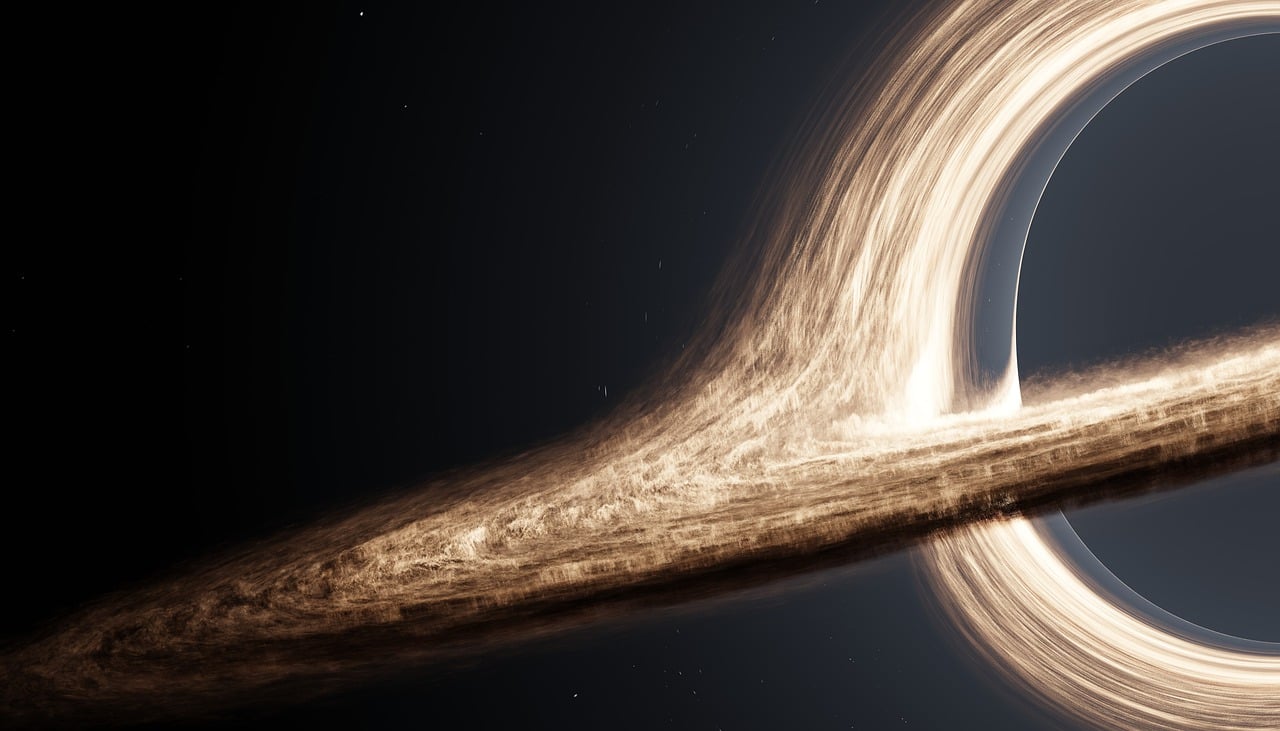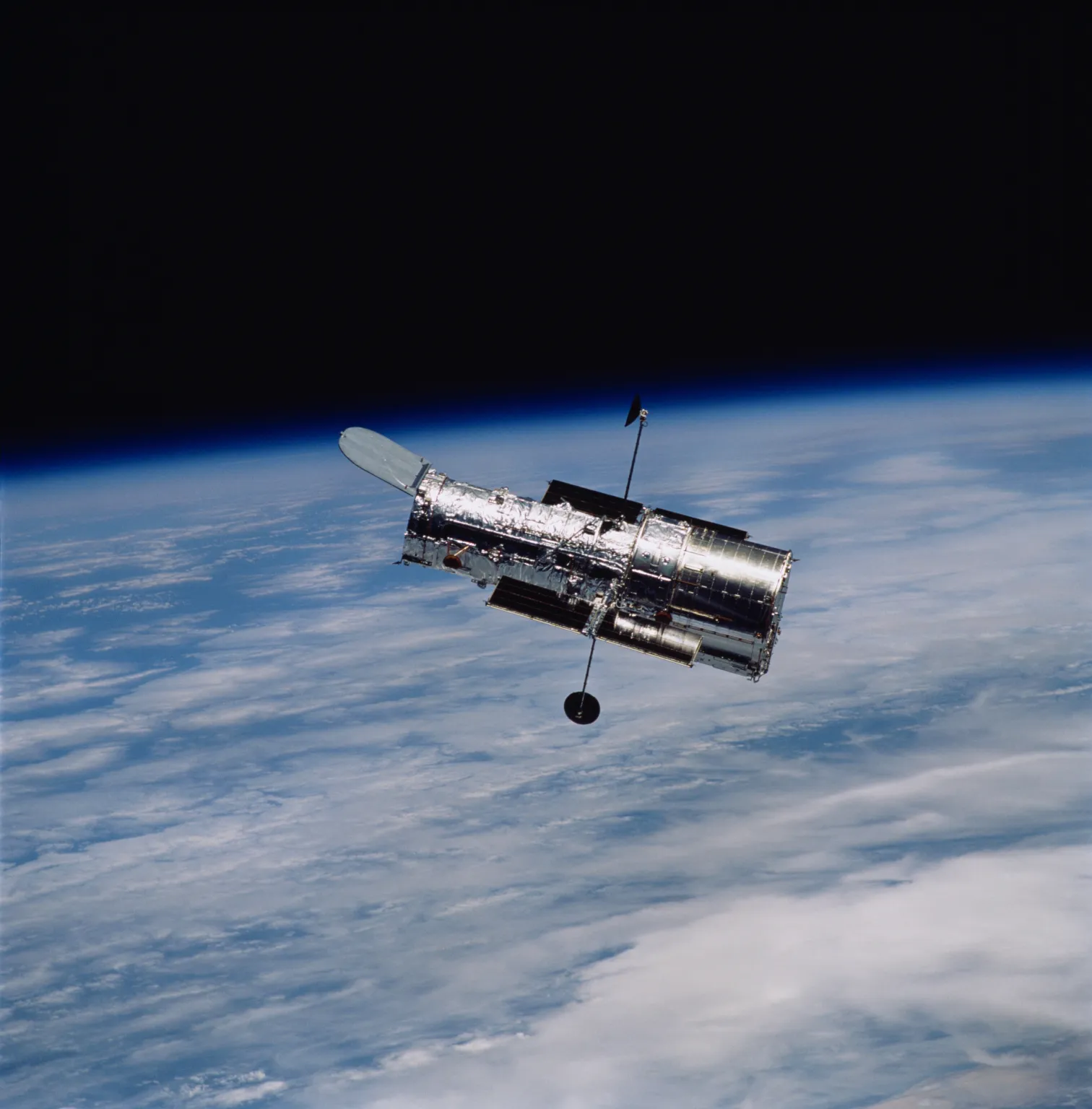Should nuclear energy be our primary alternative to fossil fuels?
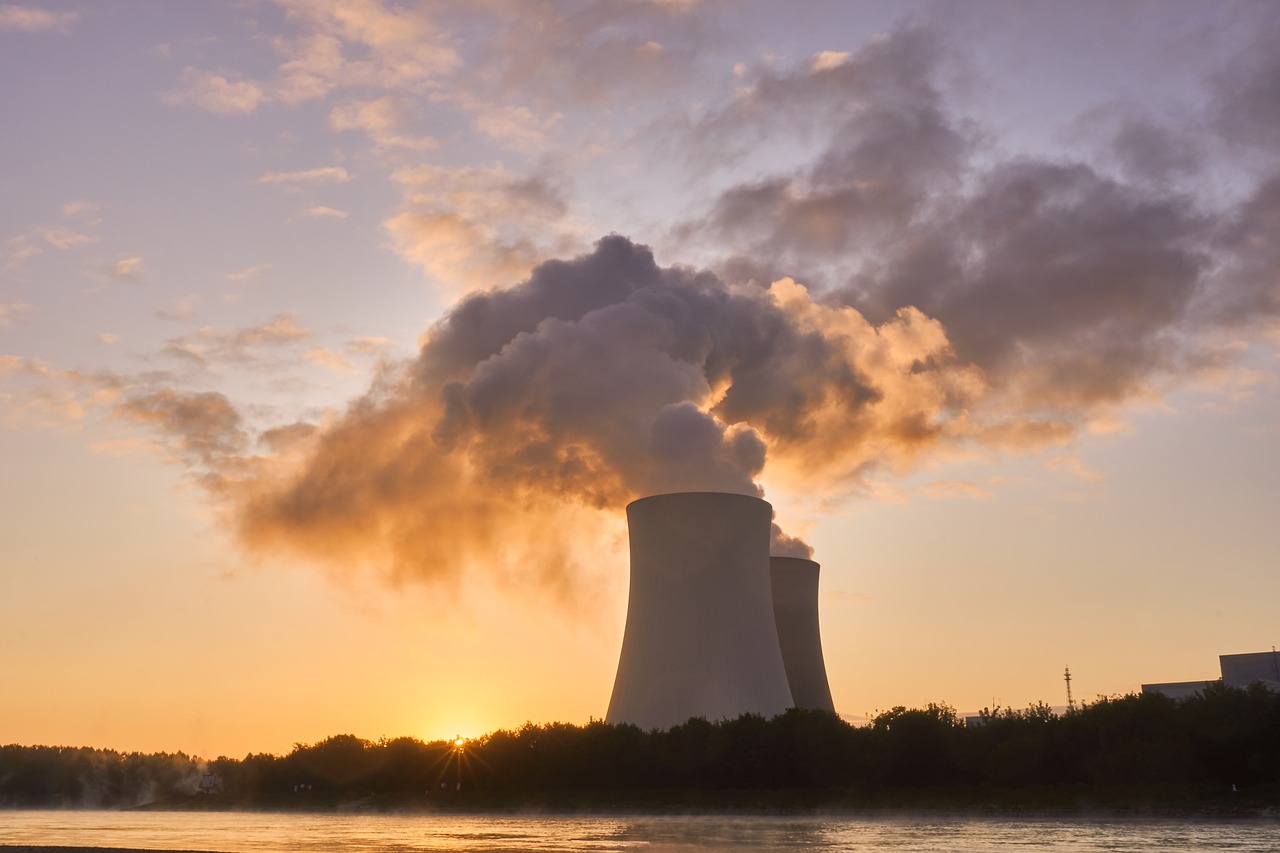
Fossil fuels are hydrocarbons made by the decomposition of dead remains of plants and animals in the earth's crust, which can be used as a source of energy. Global demand for fossil fuels, driven by population growth and energy needs in emerging economies, is rapidly increasing. Fossil fuel consumption has roughly doubled from 70,620 terawatts per hour to 137,237 terawatts per hour since 1980, with the current energy consumption expected to increase by 50% between 2020 and 2050. This has raised alarms as fossil fuel reserves are depleting swiftly, and more importantly, fossil fuels are the major contributors to global warming. This transition to sustainable energy, such as nuclear energy, is vital.
The Case for Nuclear Energy
Nuclear energy, produced during nuclear fission and fusion, is a renewable source with almost zero harmful emissions. It has attained considerable support worldwide as countries like Canada adopt it rapidly. However, rising concerns about environmental safety and high upfront costs have evoked opposition to this alternative, making it less suitable for developing countries. Thus, a debate arises: should nuclear energy be our primary alternative to fossil fuels?
Low Carbon Emissions
Proponents argue that nuclear energy is a clean, sustainable source with low carbon emissions. According to the International Atomic Energy Agency report titled "Nuclear Power is a Clean Energy System," nuclear energy is the second-largest source of carbon-free electricity today, accounting for around one-third of global low-carbon electricity. Since 2020, it has reduced CO2 emissions by over 60 gigatonnes, equal to two years of global energy-related emissions. This carbon-free electricity production makes it a cleaner alternative to fossil fuels.
In advanced economies such as the US, nuclear power produces over 50% of the country’s clean electricity. The IAEA report, a globally recognized source on atomic energy, strengthens this perspective. Similarly, James Conca, a scientist at the American Nuclear Society, argues in Forbes that although uranium extraction is costly, it could provide enough fuel for 10 trillion kWhs/year for thousands of years if extracted from seawater. Furthermore, he mentions that 75% of radioactive waste from nuclear plants is recyclable, enhancing its sustainability.
Cost-Effectiveness
Supporters also argue that nuclear energy is efficient and cost-effective, making it viable for emerging economies. Richard Matthews, in his article "Nuclear Power Versus Renewable Energy," notes that a nuclear plant requires significantly less land than wind or solar farms. He claims that nuclear power produces 92% power year-round, far surpassing renewable energy sources that rely on atmospheric conditions. However, as the article is US-centric, it might not apply to underdeveloped regions.
The Case Against Nuclear Energy
Opponents argue that nuclear energy has high upfront costs and lengthy development periods, making it less appealing compared to solar and wind power. An article from Reuters states that generating nuclear energy costs $112-$189 per megawatt hour, while solar and wind cost $36-$56 per MWh. Moreover, renewable energy costs have decreased over the past decade, while nuclear costs have risen by 23%.
Mark Z. Jacobson, a professor at Stanford University, adds that nuclear energy has hidden costs, including waste storage which may reach $500 million annually for US plants. In addition, he argues that renewable sources should be prioritized over nuclear energy due to their lower levelized cost of energy (LCOE) and overall sustainability.
Time-Intensive Development
Another concern is the lengthy construction time of nuclear plants. Umar Ali, a writer for PowerTechnology, supports this view, citing the World Nuclear Industry Status Report (WNISR), which states that the average construction time for nuclear reactors is ten years. This delay hinders global climate goals, as existing fossil-fuel plants continue to emit CO2 during construction periods.
Conclusion
Both perspectives present compelling arguments. Nuclear energy offers long-term cost-effectiveness and low carbon emissions, as supported by Richard Matthews and the US Department of Energy. However, Mark Z. Jacobson and Reuters argue that its high costs and development delays make renewable sources more viable, especially for resource-scarce regions.
Ultimately, while nuclear energy holds potential, it may not be a feasible primary alternative due to its high initial costs and lengthy development time, particularly for developing nations. Renewable sources, like solar and wind, should be prioritized as the primary alternatives to fossil fuels, while nuclear energy should remain part of the mix but not as the central focus.
Reflection
Initially, I was a strong advocate for nuclear energy, believing it to be sustainable. However, my research, including work by Richard Matthews and James Conca, provided new insights into nuclear energy's costs and development challenges. This research has led me to conclude that while nuclear energy is valuable, it should not be the primary alternative to fossil fuels.
Bibliography
- National Geographic. “Fossil Fuels.” National Geographic Society, 19 Oct. 2023. education.nationalgeographic.org/resource/fossil-fuels
- Ritchie, Hannah, and Pablo Rosado. “Fossil Fuels.” Our World in Data, 2 Oct. 2022. ourworldindata.org/fossil-fuels
- Galindo, Andrea. “What Is Nuclear Energy? The Science of Nuclear Power.” IAEA, 15 Nov. 2022. iaea.org
- Conca, James. “Is Nuclear Power a Renewable or a Sustainable Energy Source?” Forbes. forbes.com
- Matthews, Richard. “Nuclear Power Versus Renewable Energy.” Change Oracle, 20 July 2022. changeoracle.com
- Reuters Editorial. “Business & Financial News, U.S & International Breaking News | Reuters.” 2021. reuters.com
- Jacobson, Mark. “The 7 Reasons Why Nuclear Energy Is Not the Answer to Solve Climate Change.” One Earth, 6 Sept. 2022. oneearth.org
Similar Post You May Like
-
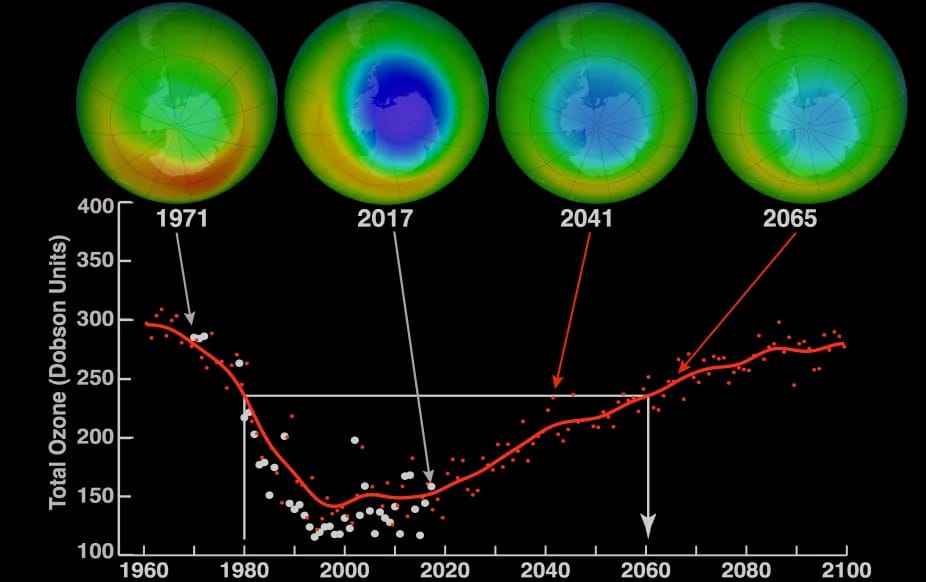
CFCs, HFCs and their long, troubled history
At its peak, the ozone hole covered an area 7 times larger than the size of Europe, around 29.9 million km2, and was rapidly expanding
-
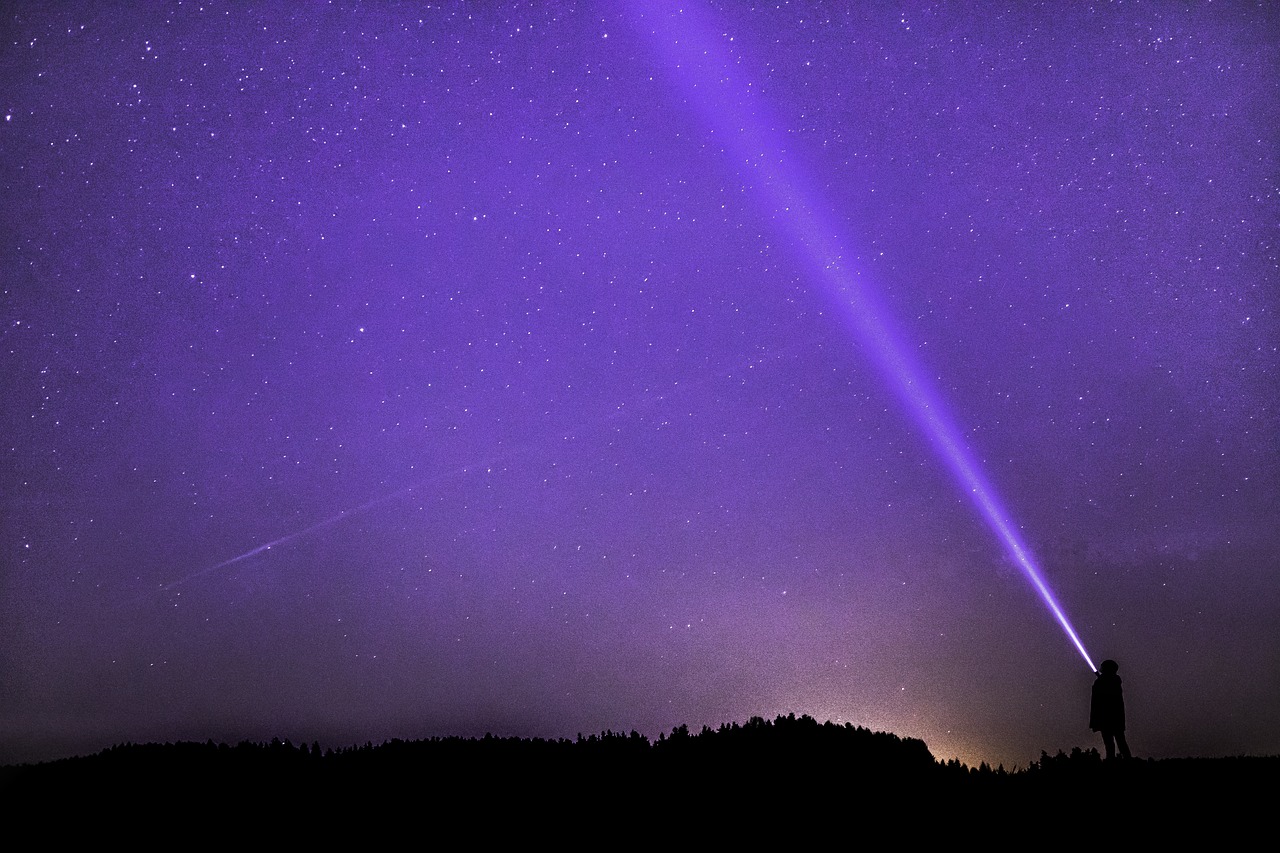
The Origin of Universe: Deciding point where it all began!
Let us unravel and surf through the ideas throughout ages to understand what the universe and its origin itself was to its inhabitants across history.
-

The Artemis Program
Inspired by the Greek goddess of the Moon, twin sister to Apollo, the artimis program was named on 14 May 2019 by Jim Bridenstine.



